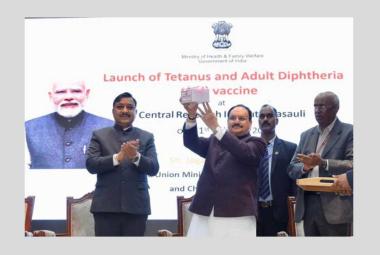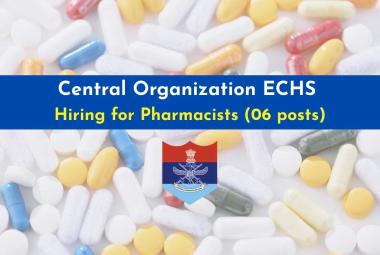Outdated tuberculosis (TB) policies and practices are risking the further spread of drug-resistant TB globally, warns a 24-country survey, urging a phase-out of mandatory hospitalisation and re-treatment regimens that contribute to drug resistance.
[adsense:336x280:8701650588]
Released by Medecins Sans Frontieres (MSF) - also known as Doctors Without Borders, an international non-profit organisation - and Geneva-based Stop TB Partnership, the second edition of the "Out of Step" report is a comprehensive survey of policies and practices used to guide the diagnosis and treatment of TB.
"Outdated policies for TB treatment that put people at risk of increased suffering and death should be banished, including re-treatment regimens that potentially increase drug resistance and mandatory hospitalisation during treatment," explained Dr Grania Brigden, MSF access campaign TB advisor.
If countries are to meet globally-endorsed goals to reduce TB incidence and death by more than 90 percent over the next 20 years, aggressive efforts must start now to adopt and implement the 14 key policies and practices identified in the report.
The use of rapid molecular tests that can effectively diagnose drug resistance has not yet reached the broad coverage needed.
"We won't be able to close the huge gaps in TB diagnosis and treatment unless the policies and practices known to reduce illness, death and transmission are fully adopted and implemented in every country, including the best use of every effective tool available today," Dr Brigden said.
TB is curable but remains the world's deadliest infectious disease, claiming 1.5 million lives each year.
In October, WHO revealed that only one in four (26 percent) of the 480,000 people estimated to have developed multidrug-resistant TB (MDR-TB) in 2014 was diagnosed.
Nearly 111,000 people (23 percent) started on treatment and less than half of them were successfully treated.
Yet of the 24 countries surveyed, only about 30 percent of countries (eight out of 24) have put in place policies to ensure that rapid molecular tests for detection of TB and drug resistance are used as the initial test for everyone being evaluated for TB, the survey noted.
[adsense:468x15:2204050025]
"To meet the 90-(90)-90 targets in the 'Stop TB Partnership's Global Plan to End TB' 2016-2020 and the longer-term goals outlined in WHO's 'End TB Strategy,' country programmes need to urgently bring their national policies and practices in step with international recommendations for optimal diagnosis and treatment," stressed Dr Lucica Ditiu, executive director of the "Stop TB Partnership."
"We hope the 'Out of Step' report will bring a renewed focus on the importance of TB policies as the starting point for ensuring countries are equipped to scale up TB efforts," Dr Ditiu added
Only about 12 percent of countries surveyed are confirmed to have all of the existing drugs used to treat drug-resistant TB on their national essential medicine lists.
"We need all countries to upgrade their national policies and practices to fully meet WHO recommendations within the next three years to really address TB illness and death head-on," the authors concluded. IANS













